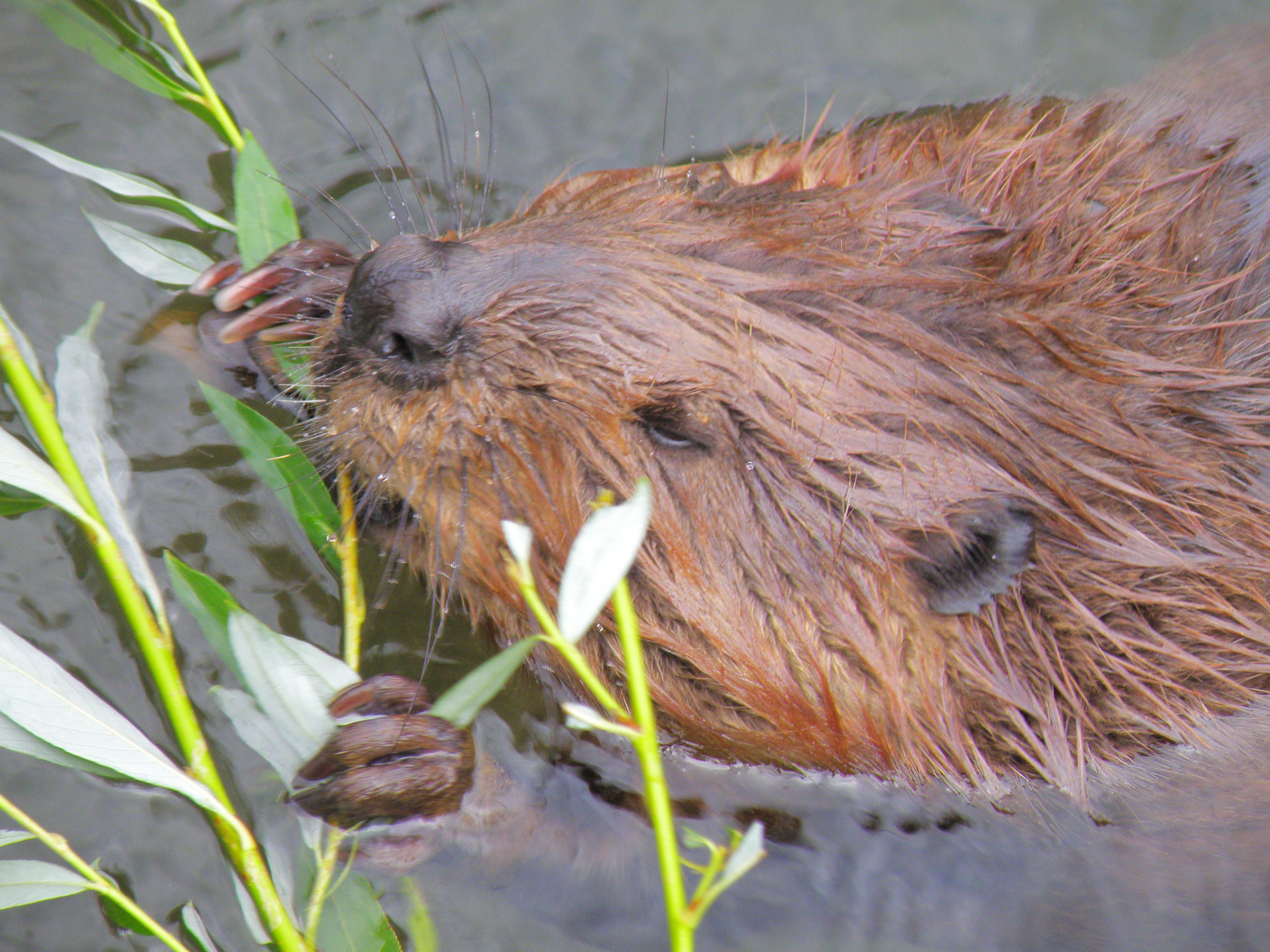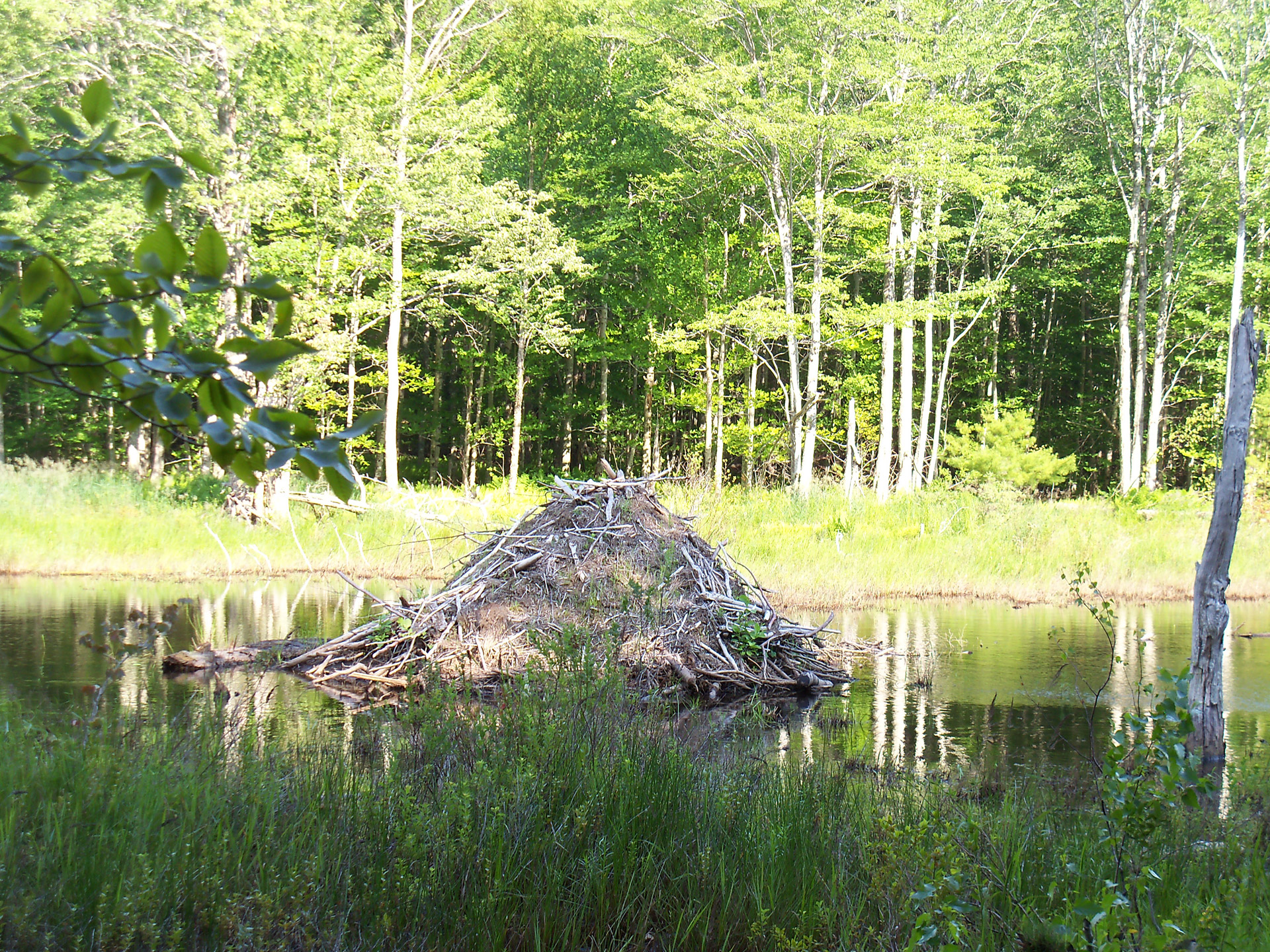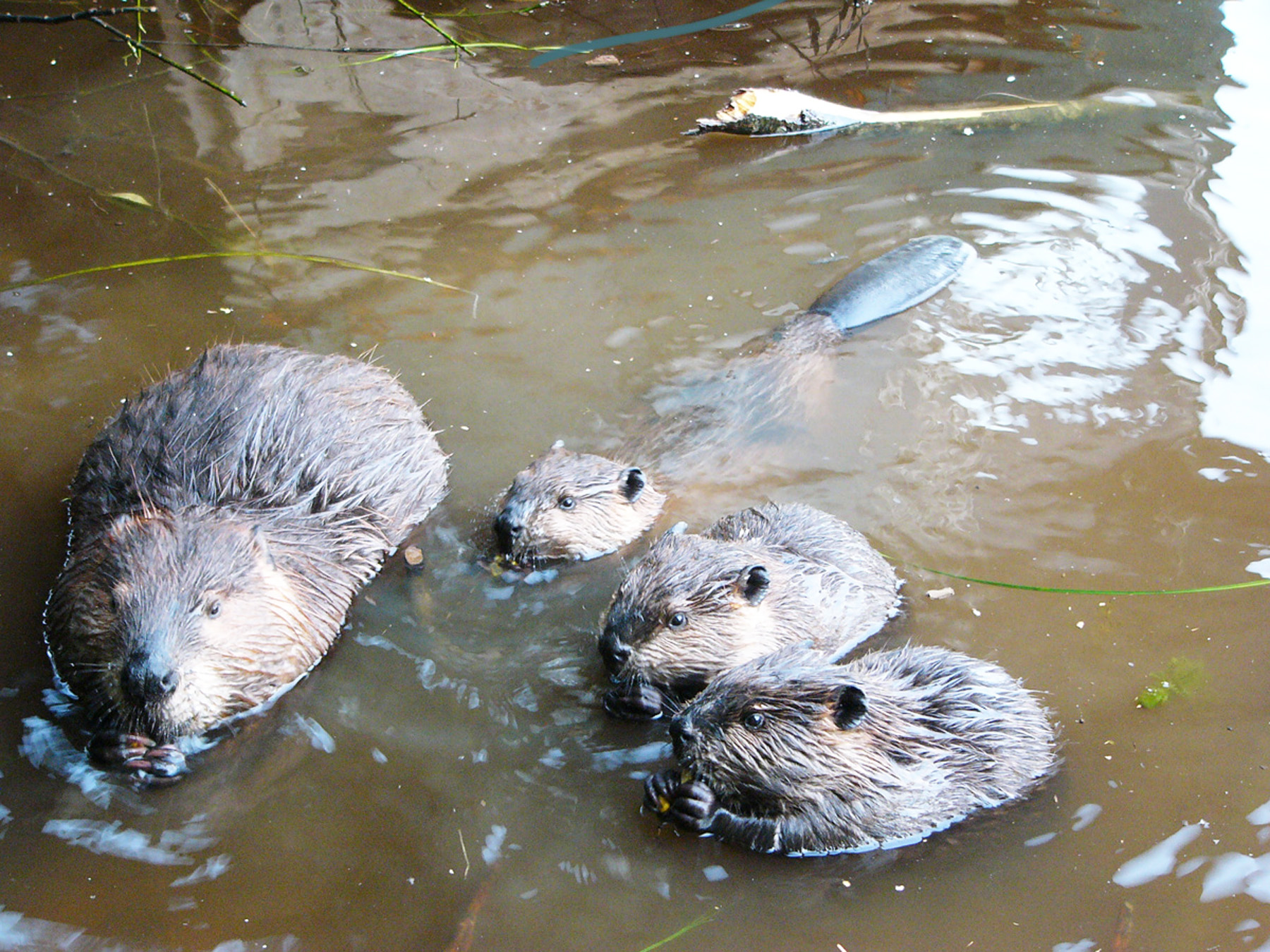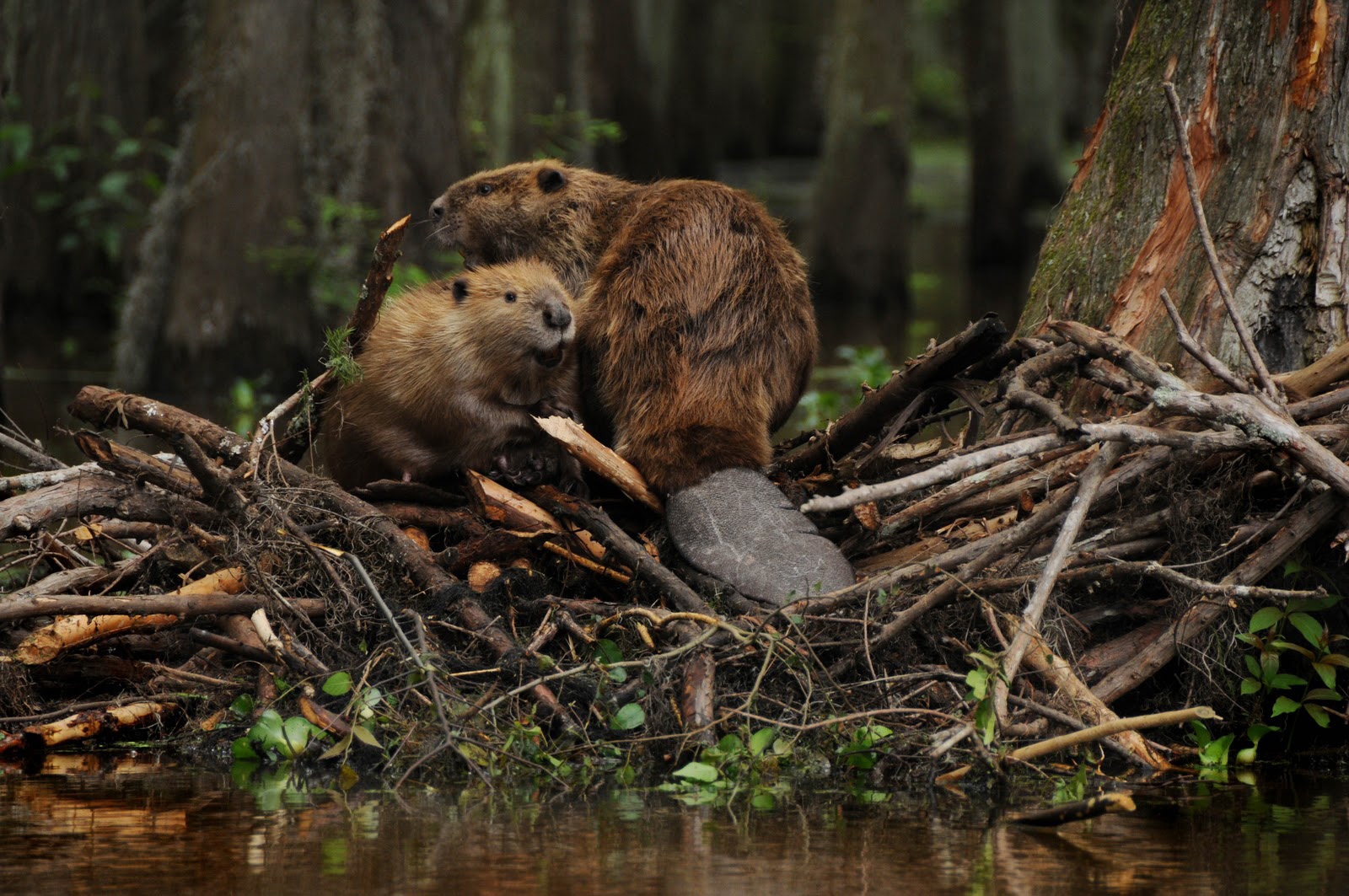INTERNATIONAL BEAVER DAY

April 7
Help people learn about these amazing animals on International Beaver Day, April 7th. International Beaver Day is a fine time to hike to a beaver pond, arrange a display of books in your library, show a beaver video, and/or otherwise spread the word about nature’s engineer.

It’s All About The Dams
Remember beavers are more than fascinating watchable wildlife; learning to coexist with this species can help solve major environmental problems. By building dams beavers restore the land’s most valuable ecosystem, wetlands. Not only are wetlands havens of life with biodiversity comparable to tropical rain forests, they also provide essential services, such as water cleansing, climate regulation, and moderating the flow of streams.

10%( or less) North America’s Beaver Population
We now have 10% or less, of North America’s beaver population prior to Euro-American colonization. (A much smaller percentage of the original Eurasian beaver population remains.) As beavers were eradicated in past centuries, their dams no longer filtered silt from streams, and kept water on the land longer. As beavers were wiped out, the majority of wetlands were drained, and waterways became disconnected from their floodplains. Rivers became more like canals or sewers, leading to today’s problems with water pollution, erosion, and escalating damage from regional floods and droughts.
Restoring A Healthy Environment.
Luckily effective, economical methods of coexistence exist that allow beavers to be our allies in restoring a healthy environment. Today, manmade (mitigation) wetlands cost from $10,000 to 100,000 per acre to build, while each beaver family creates and maintains several acres of wetlands—for free.

More about International Beaver Day
April 7th is International Beaver Day, a great time to lead a hike to a beaver pond, arrange a library display or give a program about this amazing animal.
Beavers are more than fascinating watchable wildlife–they can help us solve major environmental problems. To raise public awareness about this shy, but important species, individual actions can also range from writing a letter to the editor to doing a radio or television interview. An agency could take advantage of this day to launch a new beaver policy.
Win a Free BWW 2020 Membership Contest!
How will you celebrate International Beaver Day, April 7? Tell us your plans (who, what, when, where & why) for 4/7, or later in April, to recognize these flat-tailed heroes by emailing castor@frontiernet.net. The three with the best ideas will win a BWW membership, including a subscription to our news-magazine Beaversprite.
Free Beaver PowerPoint Program!
Anyone who’d like to give a beaver program tp their club, class or community on April 7, or later in April, can receive a free “Beavers–Wetlands Engineers” multimedia PowerPoint. Just tell us your plans and include your email address.
Beaver Dams Restore Wetlands
Beaver dams restore wetlands, those “rainforests of the North” rated as the land’s best life support system. Learning to coexist with beaver wetlands ensures that we continue to enjoy essential natural services, such as water cleansing. Nature’s engineers can help combat climate change too. That’s because their dams and wetlands hold water on the land, which decreases damage from both droughts and major floods–extreme weather events that are increasing with climate change. Plus, the lush plant life of marshy beaver wetlands absorbs much carbon dioxide, and draining these sites results in the release of carbon dioxide, the major greenhouse gas.
First International Beaver Day
To kick off the first International Beaver Day in 2009, Beavers: Wetlands & Wildlife (BWW) donated nearly a thousand copies of the “Teachers’ Edition” of their popular “Coexisting with Beavers” DVD to schools. BWW has other helpful materials available, including the original “Coexisting with Beavers” DVD, which includes a section about installing a leveler, and literature, such as a beaver brochure.
Why April 7
Beavers: Wetlands & Wildlife (BWW) chose April 7 for International Beaver Day, because it is the birthday of the Dorothy Richards (1894 -1985), who studied these amazing animals for 50 years. If necessary, events can be scheduled for another date in April. Although the great benefits of beaver wetlands, tend to be hidden, coexisting with this species is essential for a healthy environment.

Let us know how you chose to celebrate International Beaver Day by emailing BWW at castor@frontiernet.net. We’d also enjoy receiving any news stories about your event.
Here’s a link to a television story about International Beaver Day in New York.
Here’s how the California-based group, Worth a Dam, recognized International Beaver Day in 2009.

